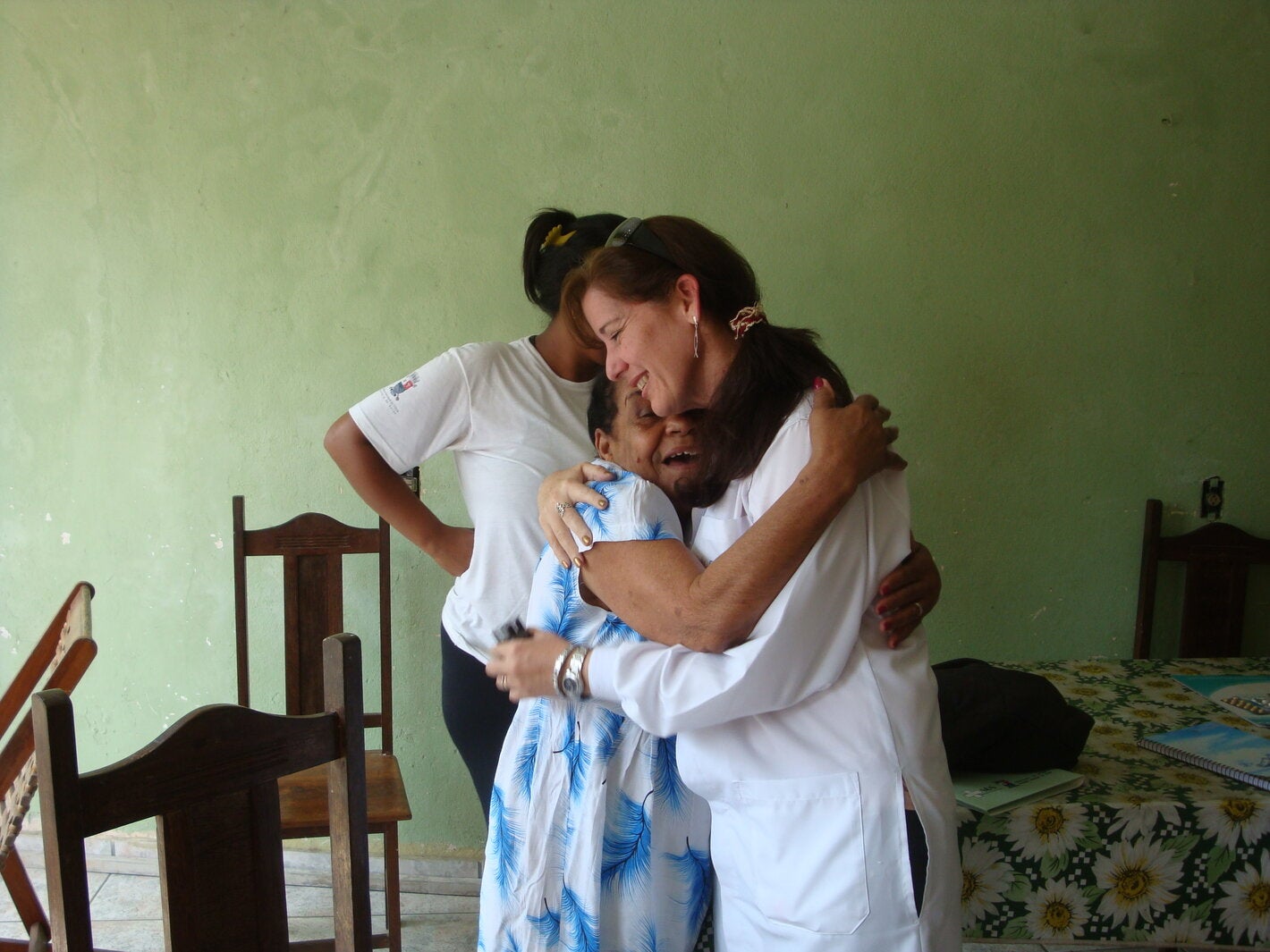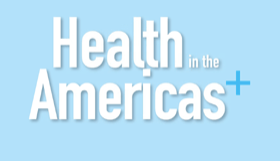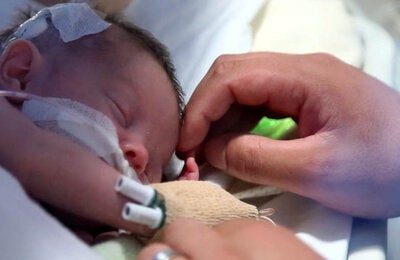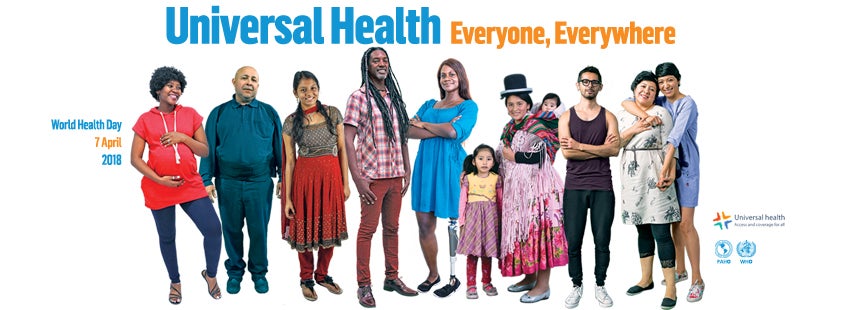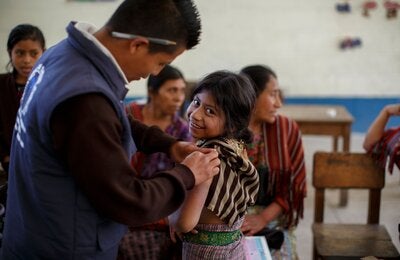Universal health is about ensuring that all people and communities have access to health services without discrimination of any kind and without suffering financial hardship.
- Universal health is not just about ensuring everyone is covered, but that everyone has access to care when they need it, wherever they are.
- Requires the involvement of all sectors of society in order to combat poverty, social injustice, educational gaps, and poor living conditions, among other factors that influence people’s health.
- It covers the full range of health services, including health promotion, disease prevention, treatment, rehabilitation, and palliative care, all of which should be of sufficient quality, comprehensive, safe, effective, and affordable for all.

Key actions for Universal Health
1. Expanding equitable Access
- Investing in models based on primary care and the comprehensive delivery of effective people-centered services, and gradually expanding these.
- Guaranteeing the rational use of medicines and health technologies.
2. Strengthening stewardship and governance.
- Empowering people and communities by providing them information on health, educating them on their rights and responsibilities, and encouraging them to participate in health policy-making.
3. Increasing and improving financing
- Eliminating payments at the point of entry to the service.
- Finding sustainable ways to increase health financing.
- Protecting people financially, especially those who are less able to pay for the services.
4. Strengthening intersectoral coordination
- Strengthening intersectoral coordination to address the social determinants of health.
Health in the Americas is PAHO's flagship report about the status of Health in the Americas.
Learn more about Universal Health
The self-learning course on the Strategy for Universal Health and Universal Health Coverage course is available on the Virtual Campus platform (only in Spanish but soon in English)
World Health Day
World Health Day is celebrated on 7 April every year to mark the anniversary of the founding of WHO in 1948. Each year a theme is selected that highlights a priority area of public health. The Day provides an opportunity for individuals in every community to get involved in activities that can lead to better health.
What you can do
Everyone has a part to play, sparking conversations and contributing to dialogue on policies that can help your country achieve and maintain universal health.
Learn how PAHO engages a social dialogue among all actors to seek innovative ways to accelerate countries’ efforts toward universal health.
Universal Health in numbers
3 out of 10 people do not seek health care for financial reasons
2 out of 10 people do not seek medical care due to geographical barriers
66% of the remommended percentage is invested in health based on the each country GDP
5 countries of 52 of the Americas allocate over 6% of their wealth (GDP) to public health
Guaranteeing the right to health means eliminating all kinds of barriers to accessing services
Dr. Carissa F. Etienne
Director of the Pan American Health Organization

